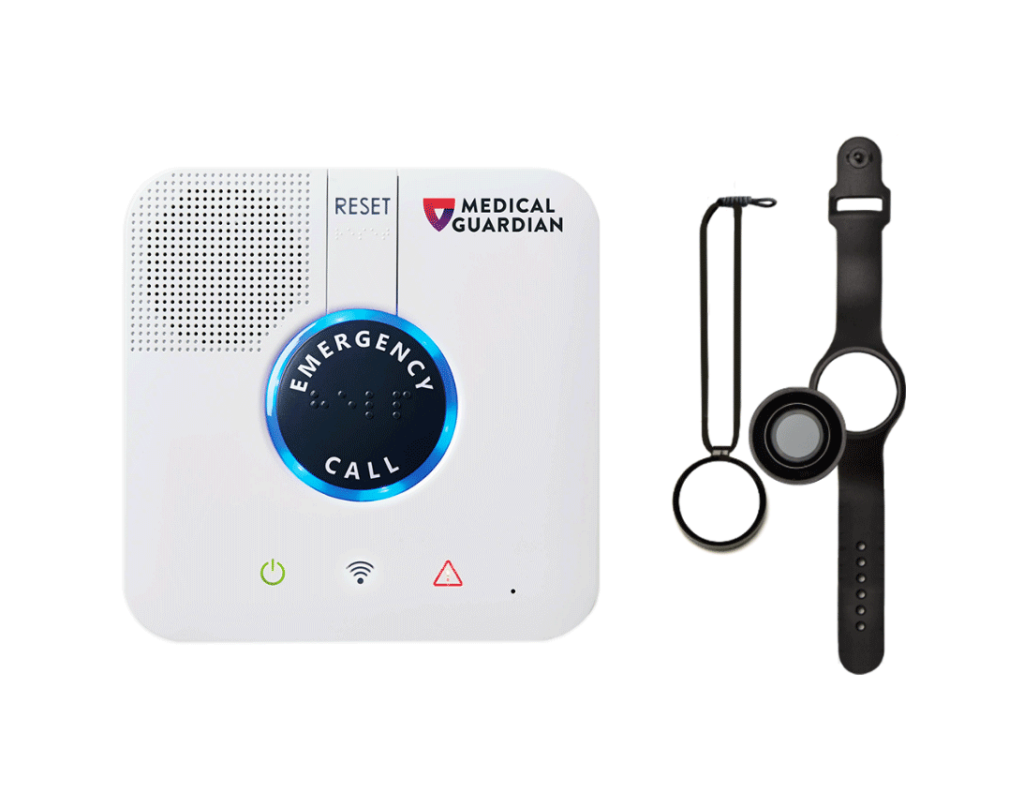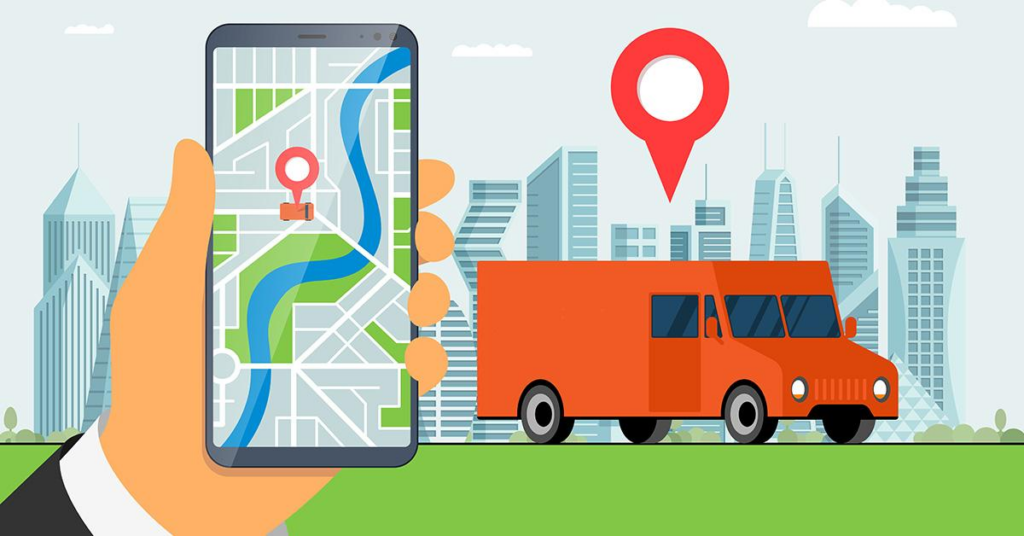The name itself communicates the purpose, medical alert devices are best used in cases of severe emergency, especially when someone needs urgent medical requirements.
For instance, think of a situation where your loved one is in medical adversity and cannot contact anyone. Couldn’t that go insanely south?
Or think of a situation where anyone close to you suffering from cardiac arrest panics and falls; what could that person possibly do?
However, a device enabled with fall detection sensors will instantly let you know about the mishap. Similarly, numerous advanced technologies are used in medical alert devices for enhanced safety.
Hightech new age technologies used in medical alert devices

In today’s medical science, technology plays a vital role. Below are some of the advanced technologies used in the best medical alert devices.
Fall detection sensors
Fall detection sensors are one of the most commonly used technologies in new-age medical devices.
These sensors help to determine the fall and the impact it created on the person, further determining whether the momentous assistance is provided or not. Majorly, there are two types of medical alert devices enabled with these sensors.
- Wearable devices:
These devices include pendants, a watch, maybe a necklace, or something that can be worn or attached to the body. These devices with the help of accelerometer sensors help to identify the impact of the fall on the person wearing the device.
- Ambient devices:
Unlike wearable devices, these are not in direct contact with the body. Rather, they’re placed on the walls near the area that has a high chance of falling. Ambient devices act as cameras and detect if any hazardous falls occur.
Global Positioning System (GPS)

GPS and location detection are yet again vital technologies used in medical alert devices. This technology comprises the use of cellular data, WiFi, and sometimes Bluetooth, along with radio signals from at least 24 satellites, to determine the exact location.
GPS and location monitoring devices are best used in cases of heart strokes and need of other severe medical acquaintances. It helps the medical helpers know about this situation along with its location for immediate assistance.
This technology also plays a vital role for anyone who’s suffering from the disorder of memory loss or for someone who’s mentally disturbed (ill).
When they forget vital information like address or from where they belong, then their family or friends are privileged to know the patient’s exact location by GPS tracking.
Cloud storage and data management
This technology is foremost for anyone who doesn’t have any acquaintances or for anyone who suffers from acute memory loss. This technology in the new age of alert medical devices helps to store all the important data and information and keeps it secure.
Suppose you have an appointment with your doctor or if you’ve to take medicine daily before going to bed; this technology will help you with it.
Cloud storage and data management will not solely secure your medical information, but with the help of a device, it will remind you of important events, like routine check-ups, medicine reminders, etc.
Automated response algorithms
Equitable like others, an automated response algorithm is no less than a life-savior technology used in medical devices nowadays. Having said that, unlike some other technologies which require minimum action, this requires zero measures.
This technology utilizes high-tech computerized algorithms and smart programming initialized in the medical alert device that helps to recognize unwell patterns or medical adversities.
Automated response algorithms, along with data analysis, can help you detect the majority of medical adversities in literally no time.
Conclusion
New-age technologies used in medical alert devices are way beyond our expectations and, without a doubt, are insanely accommodating.
Technologies like location monitoring, fall detection sensors, etc. are a must-used measures that can help us to take rapid response in case of any medical emergency.

Jean Smith is a fitness enthusiast and blogger who focuses on fitness and a healthy lifestyle. She is passionate about assisting people in living healthier lifestyles and is constantly on the lookout for new and creative methods to stay fit and healthy. Her articles are excellent resources for anyone interested in improving their health and fitness.
